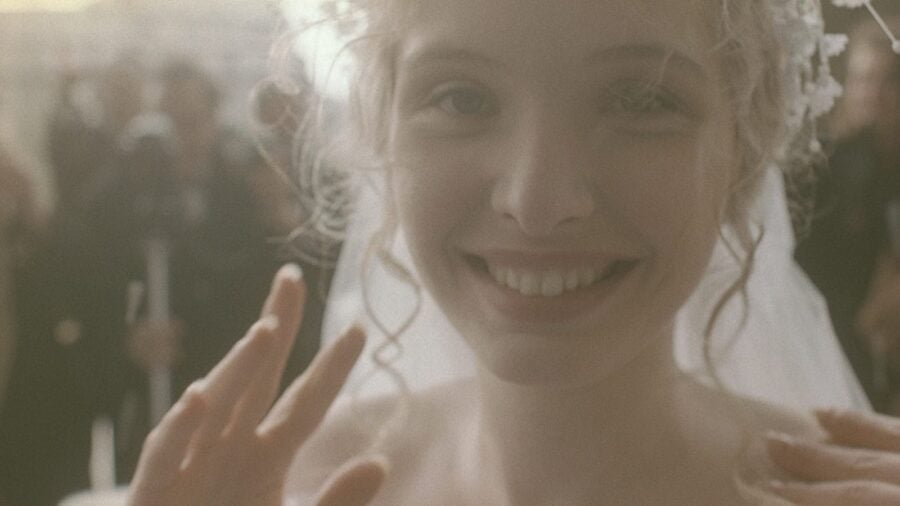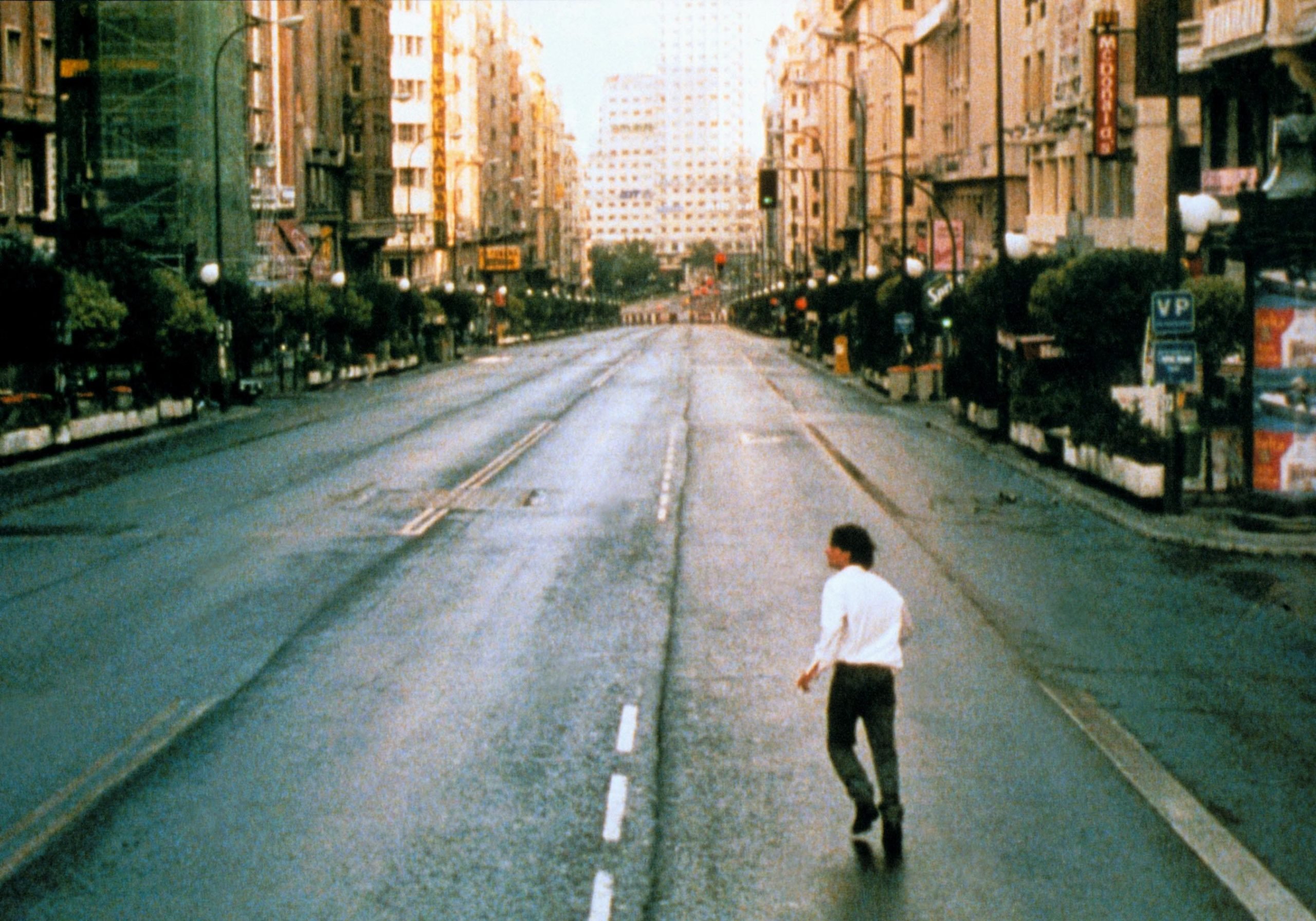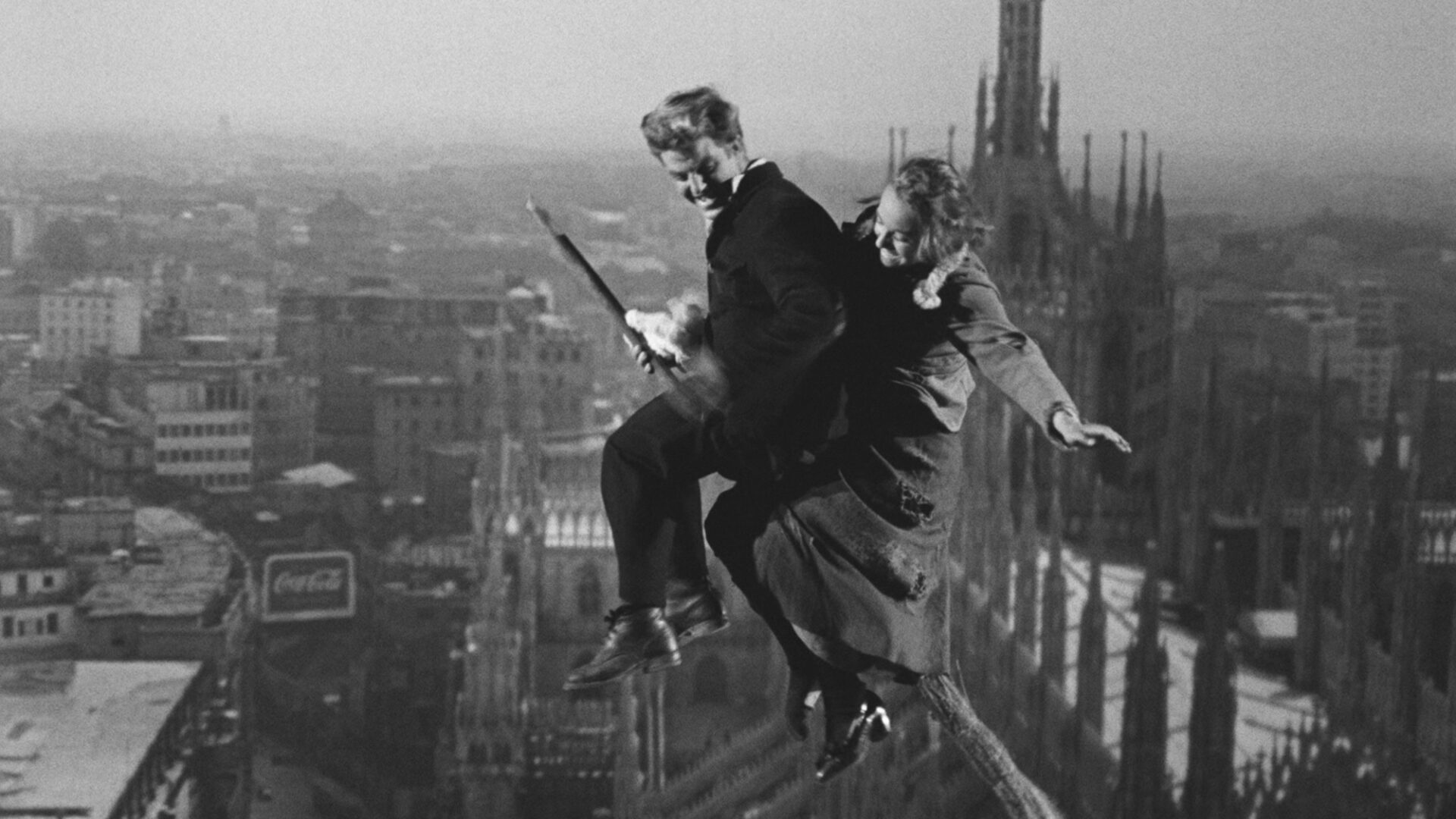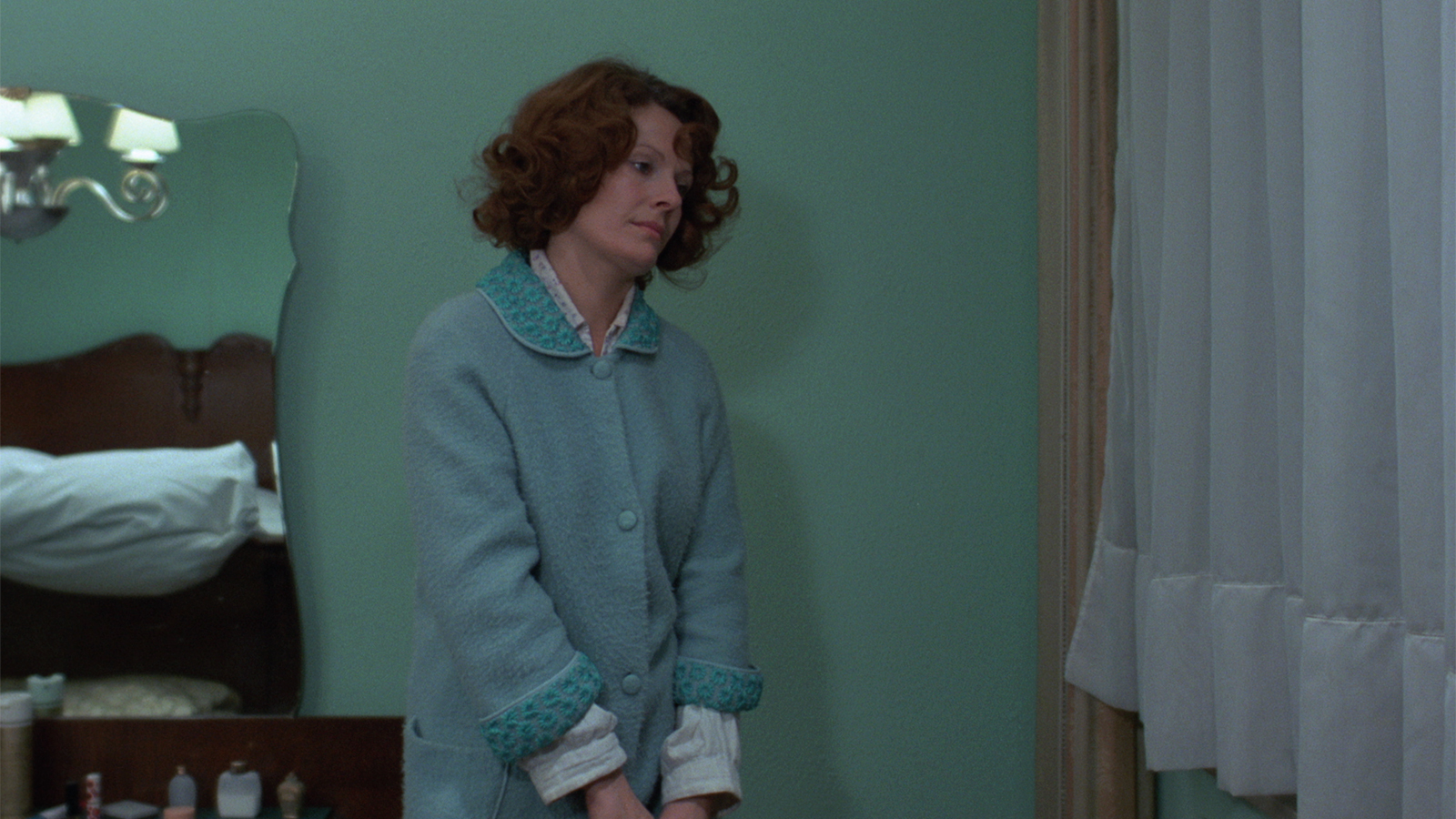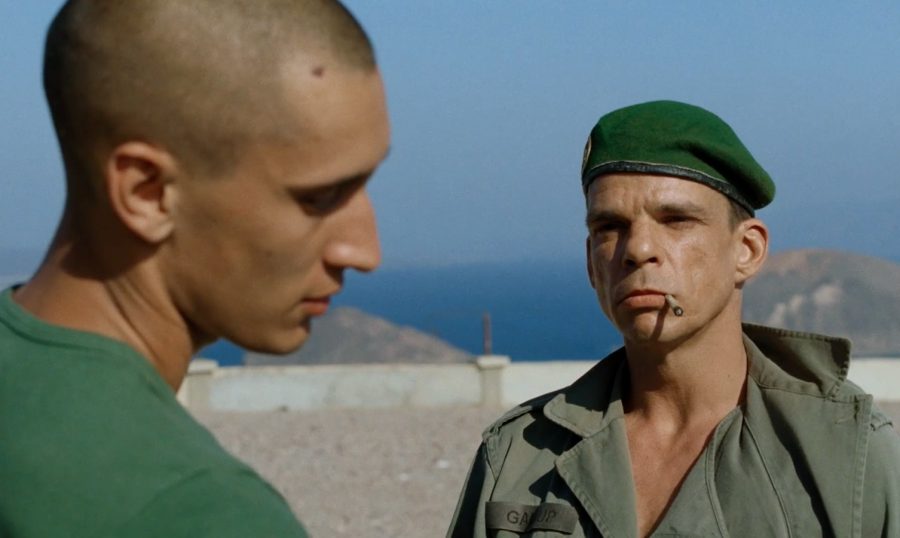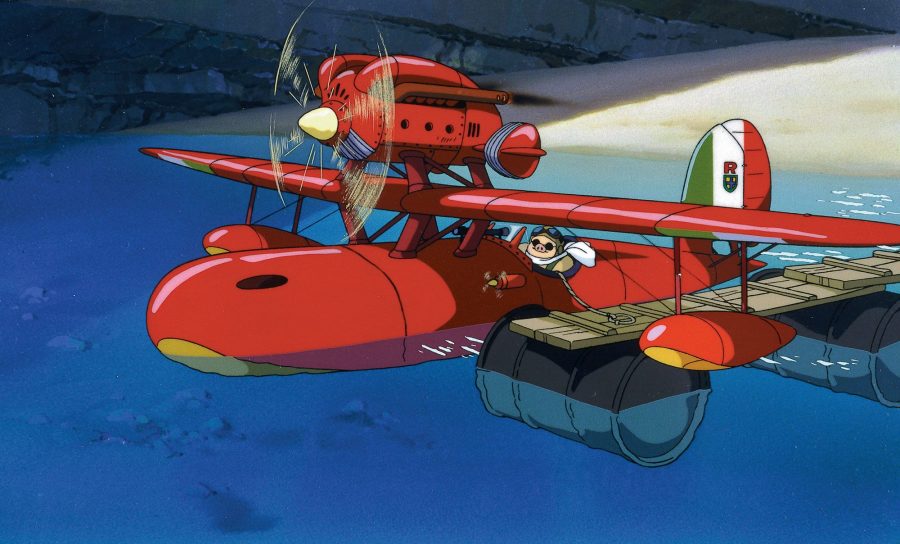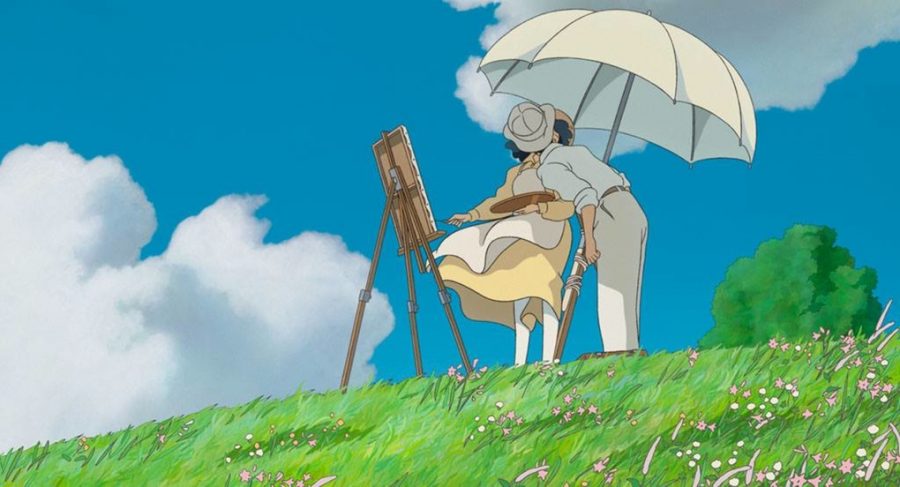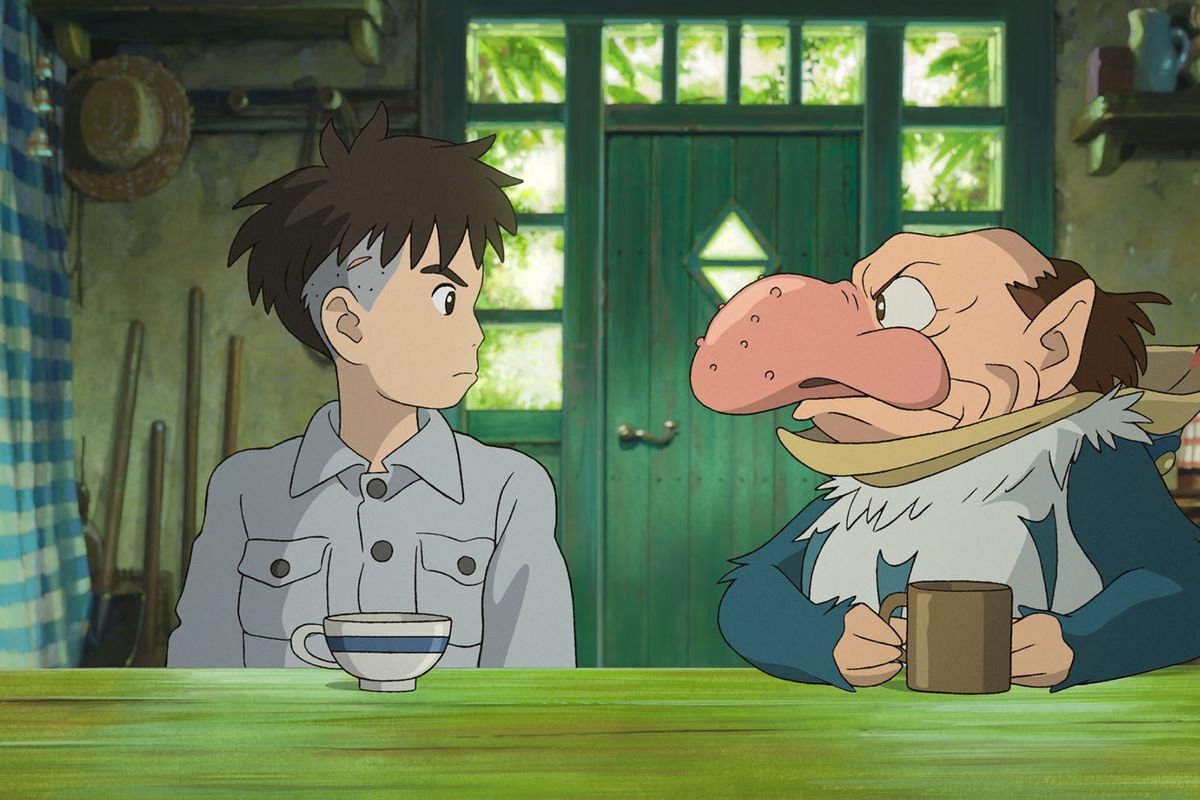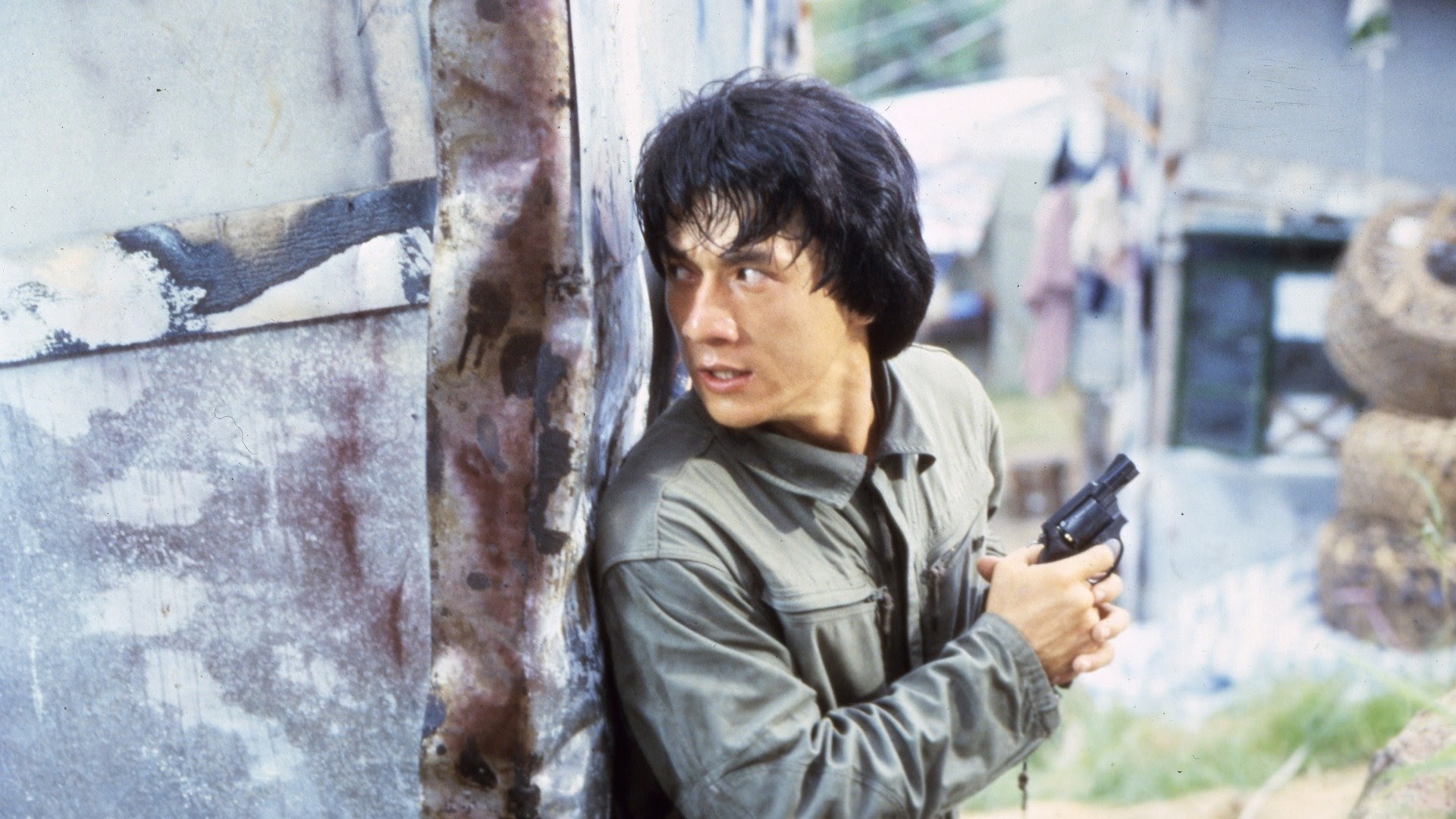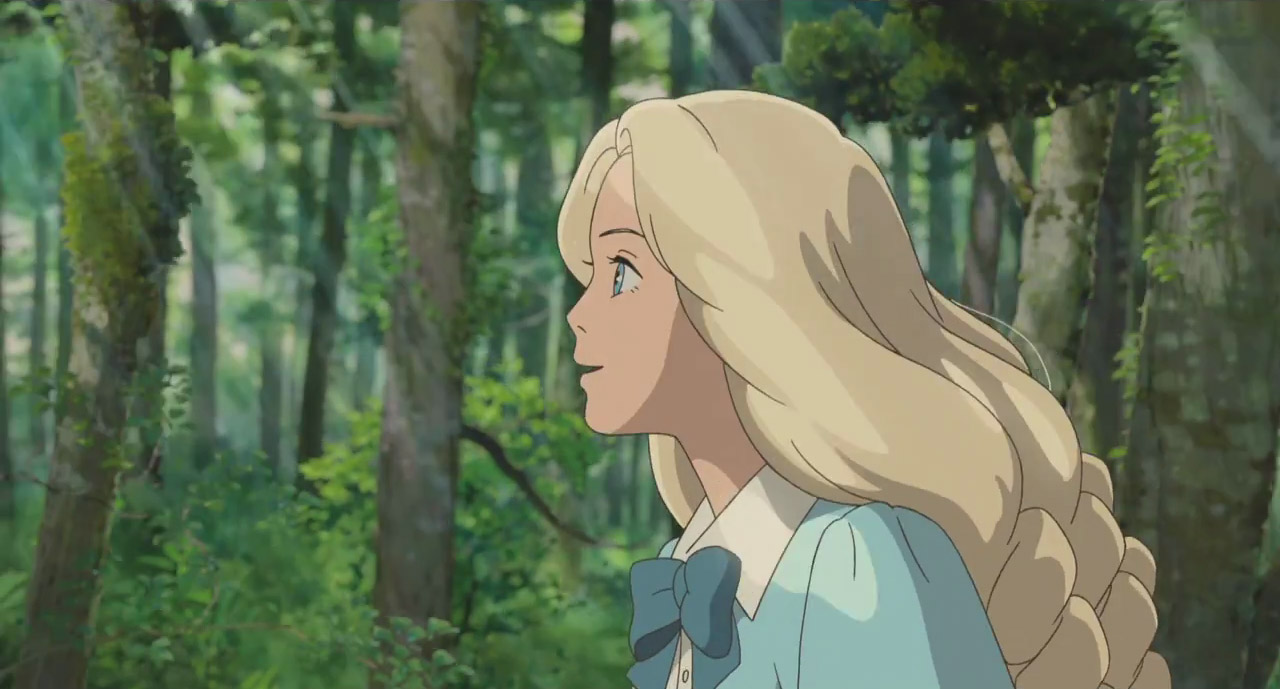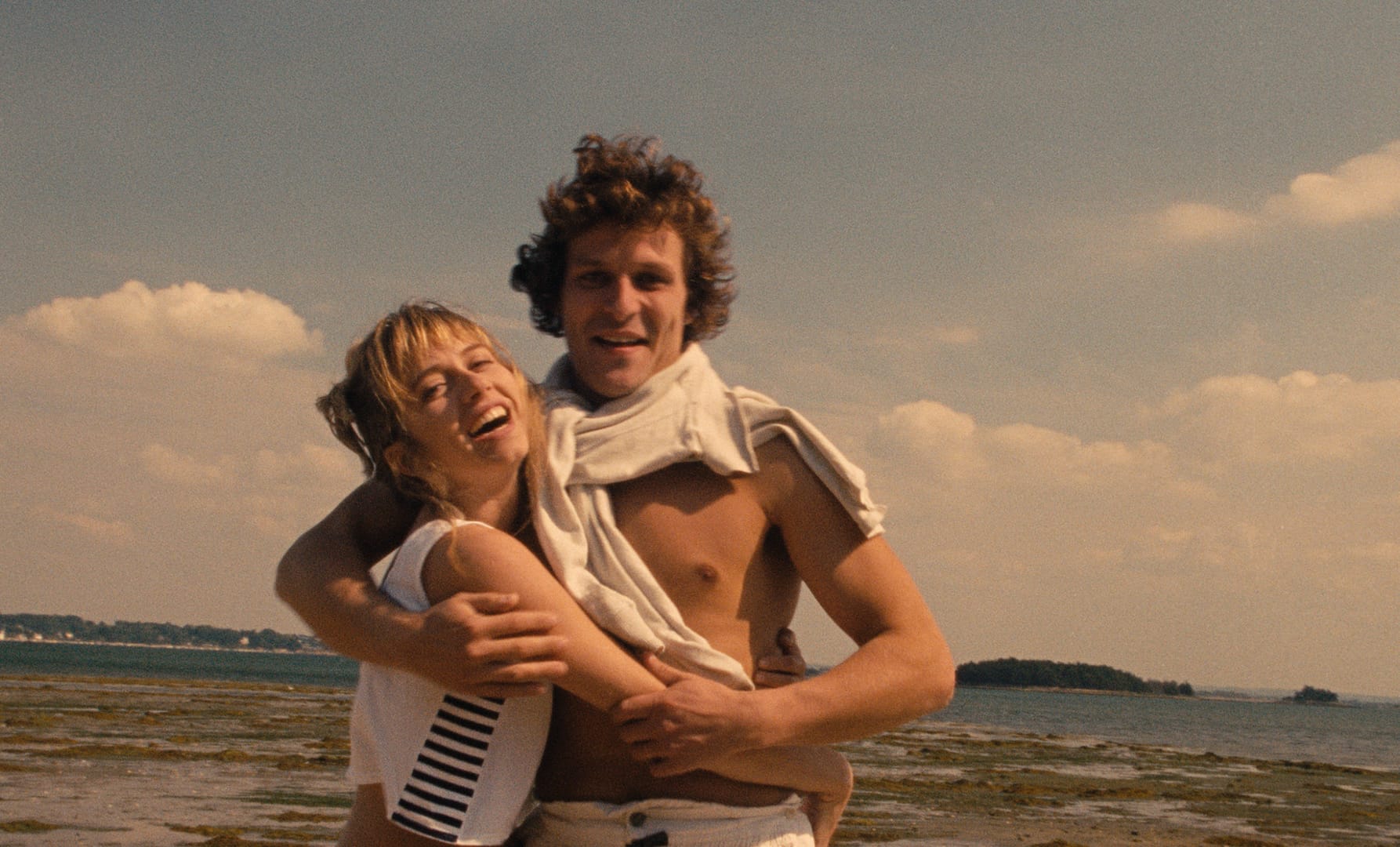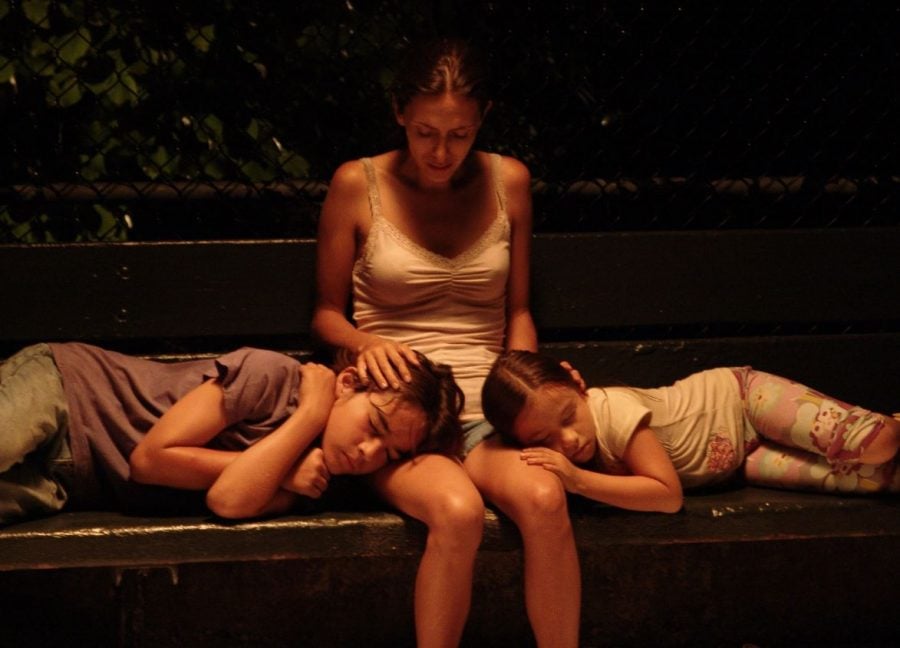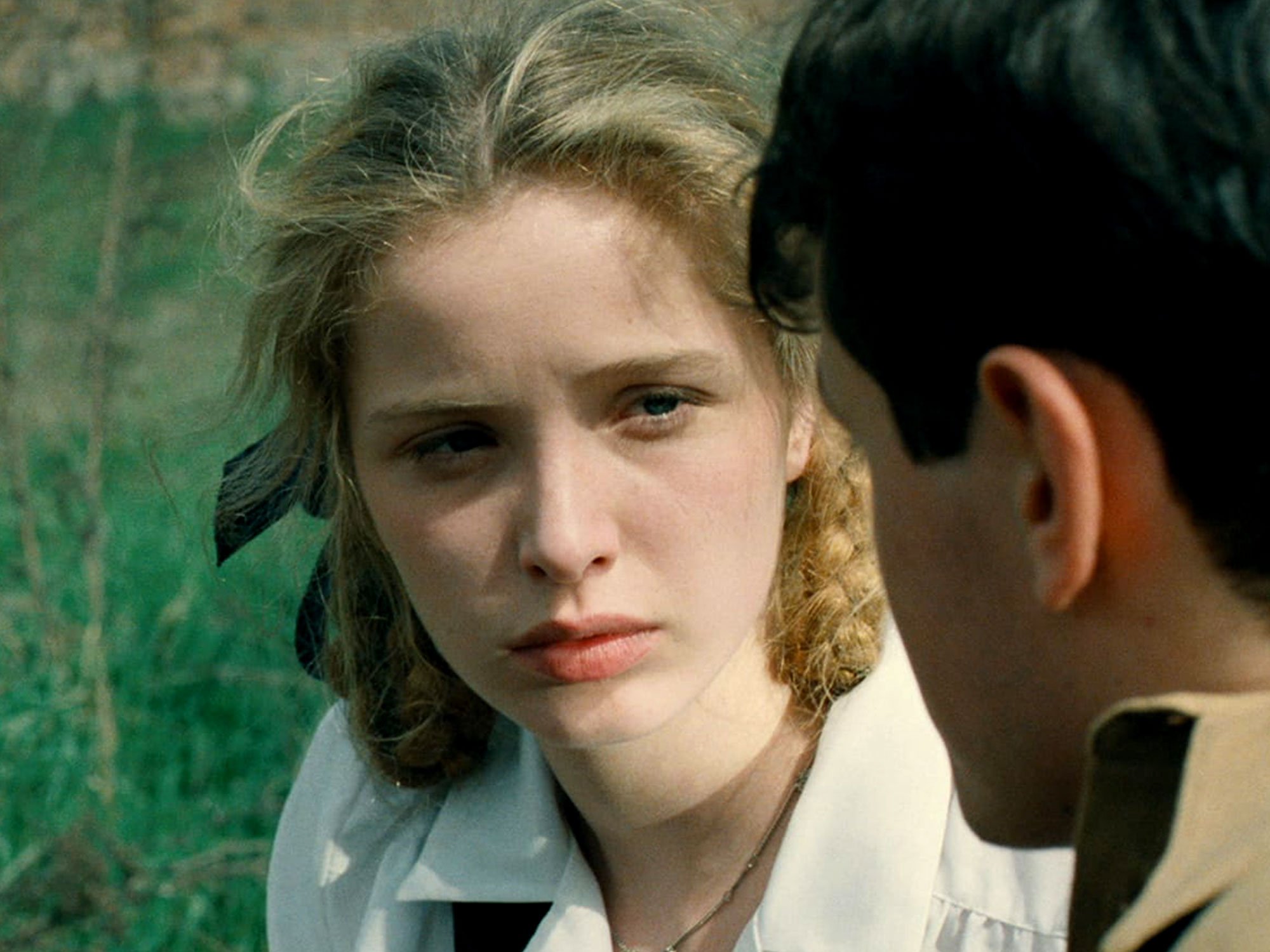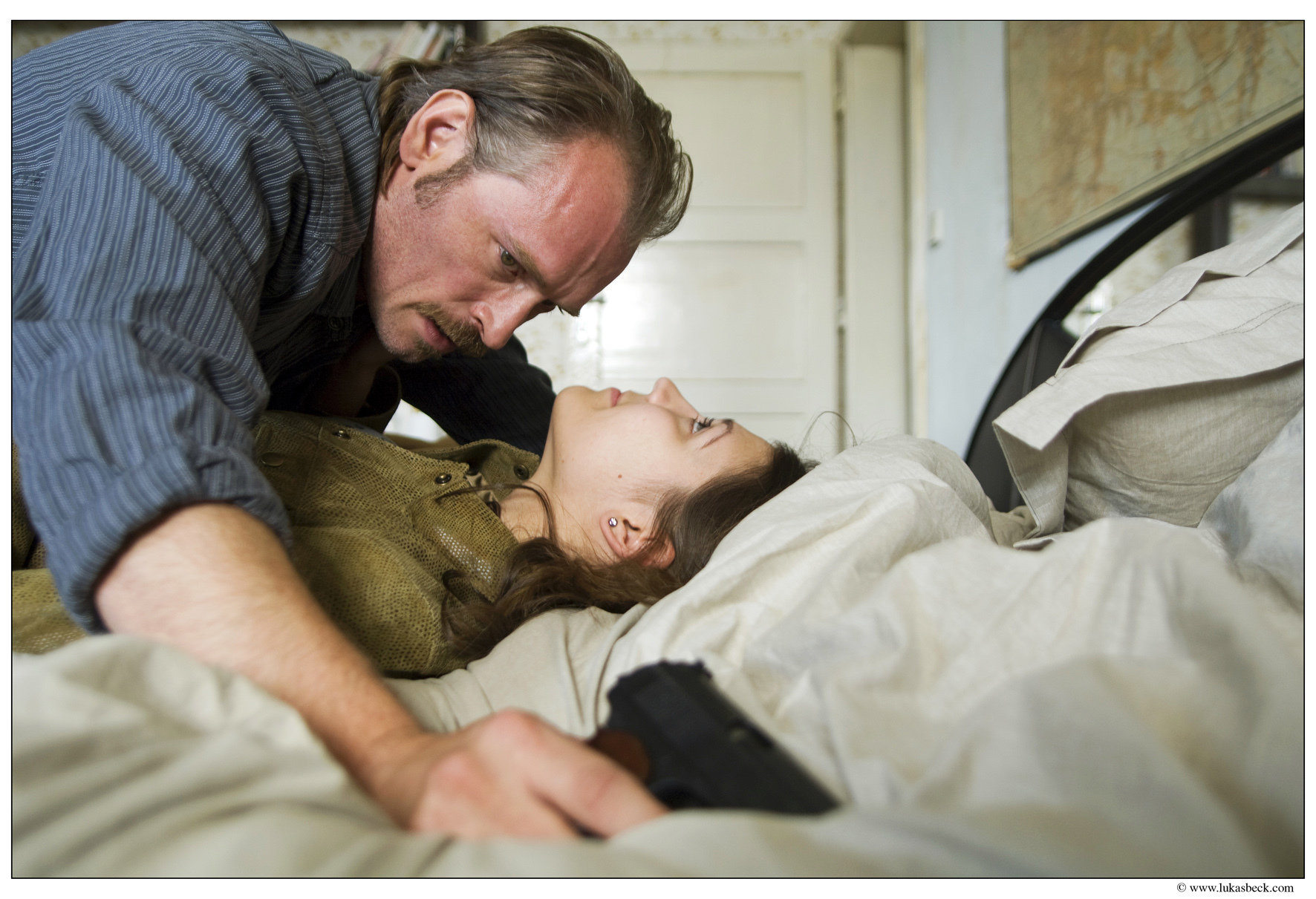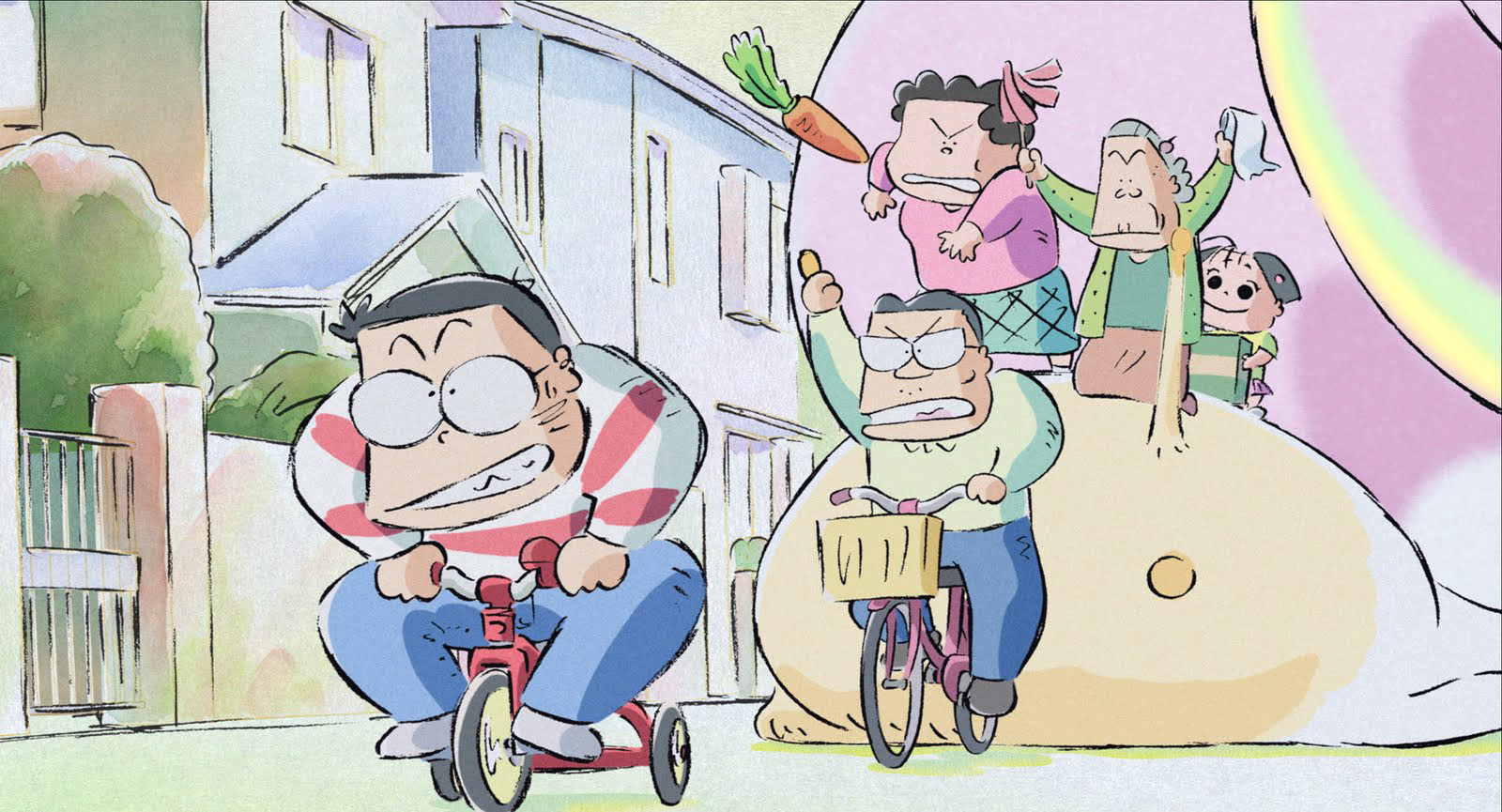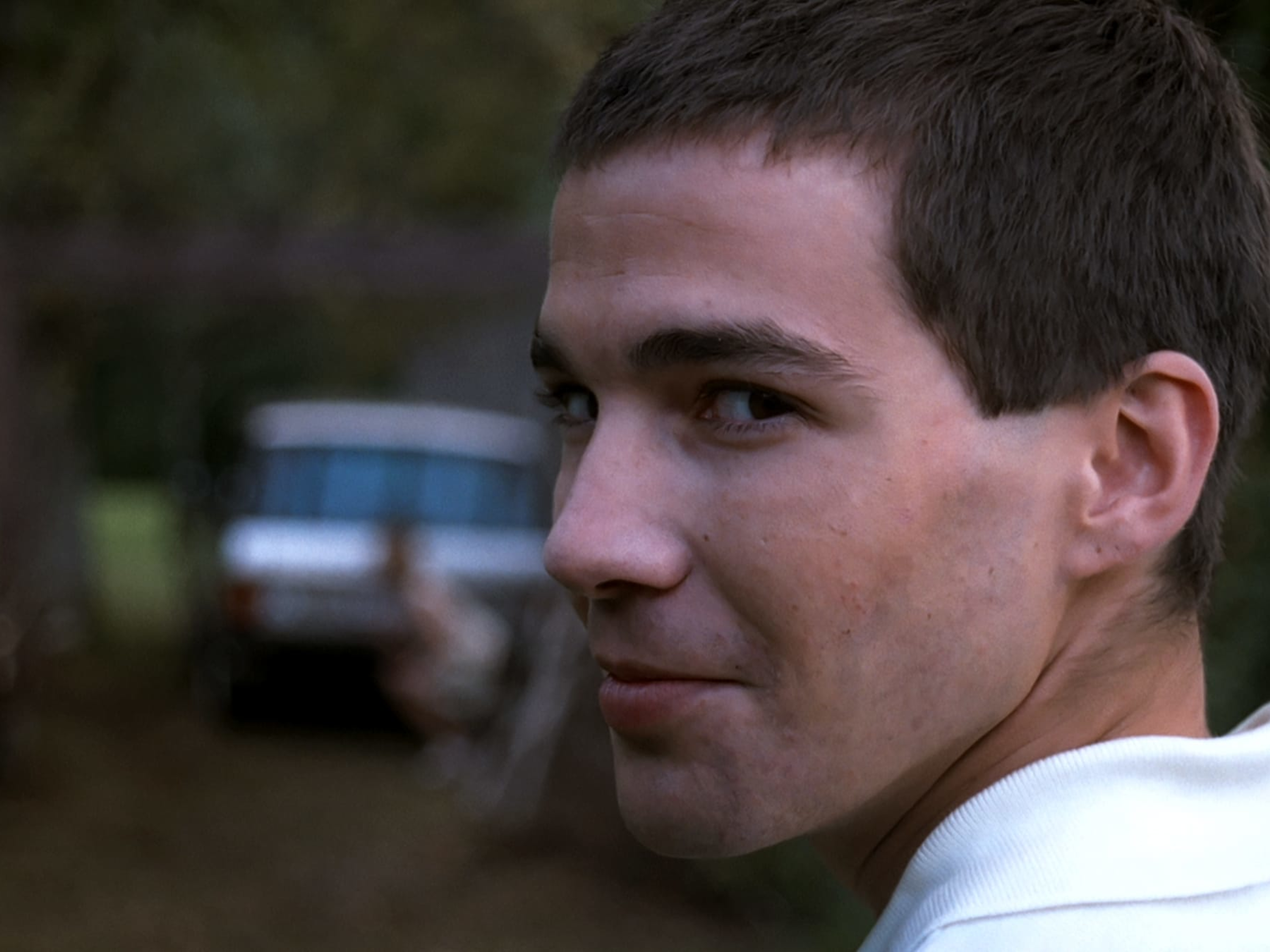20 Best Foreign-Language Movies on Max (HBO Max)
Don’t let subtitles, unfamiliar storylines, and minor differences in acting styles close you off from discovering the many worlds of non-English language cinema. Once you get over that one-inch-tall barrier (as Parasite director Bong Joon-ho said), it’ll be easy to discover that “foreign” movies already offer so much of what you enjoy from the films you’re used to. And on Max—the streaming service of the network known for its prestige content—the non-English language films available to you possess that same prestige as well. These are titles you may not be very familiar with, but through great storytelling and excellent craft they prove that international cinema isn’t just something to be dismissed as pretentious or weird; these films push the rest of the global industry to be better.
Krzysztof Kieślowski’s trilogy reflects both the colors and the values of the French republic: liberté, égalité, fraternité. In Trois couleurs : Blanc (Three Colors: White), Kieślowski explores not only the theme of equality, but also the ramifications of defining and “achieving” equality as a European ideal.
After failing to consummate their marriage, Dominique (the ever-bewitching Julie Delpy) divorces Karol (Zbigniew Zamachowski), leaving him broke and humiliated. Karol plots to exact revenge on his ex-wife, becoming richer and cruller in the process.
Although this is often regarded as the weakest of the trilogy, White is worth a watch not just for completionists. Kieślowski interrogates what it means to be equal in sex and socioeconomic class—and if when we strive to move upward in society, whether we are really debasing our basic humanity and humility.
Genre
Comedy, Drama, Mystery
Director
Krzysztof Kieślowski
Language
French, Hungarian, Polish
Mood
Discussion-sparking, Smart
While the mixed reception of its near-faithful American remake Vanilla Sky might make some viewers pause, there’s an intuitive brilliance in the Spanish original Open Your Eyes that isn’t easy to translate. Sure, the apparent differences help– it’s shorter and less complicated, and Cesar’s face turns more grotesque than David’s does. But what’s startling about Open Your Eyes is the way writer-director Alejandro Amenábar guides the camera through its various shifts, creating a more subtle and gradual realization that something is wrong, and thus, a more terrifying dream turned nightmare. Amenábar has later deemed the film as his worst, saying it was written when he didn’t know much about life, but, in our opinion, Abre Los Ojos still holds up as a groundbreaking existential sci-fi simulation, one that still puzzles and captivates years after.
Genre
Drama, Science Fiction, Thriller
Director
Alejandro Amenábar
Language
Spanish
Mood
Challenging, Character-driven, Discussion-sparking, Dramatic, Intense, Mind-blowing, Original, Raw, Suspenseful, Thought-provoking, Thrilling, Weird
Visiting a relative can feel strange, because especially when the loved one you share is gone, the visit will inevitably bring up feelings of grief, nostalgia, and being stuck because of it. But no visit would be as strange as the 1977 cult horror classic House. It’s a classic not because it’s particularly scary– in fact, most of the time, the film is much more bizarre than terrifying– but because this grief manifests in the eccentric estate through unusually unrealistic, but undeniably stylish psychedelic visions that stem from the kind of nightmares one would get as a kid as well as the real-life devastation Nobuhiko Obayashi faced as a Hiroshima survivor. It’s because of these absurd images that House escapes explanation, yet still became Obayashi’s definitive work. Hausu is simply a film that you have to visit for yourself.
Genre
Comedy, Fantasy, Horror
Director
Nobuhiko Obayashi
Language
Japanese
Mood
Challenging, Emotional, Grown-up Comedy, Intense, Thought-provoking, Weird
Best known for Italian neorealist classic Bicycle Thieves, Vittorio De Sica followed it up with a surprisingly hopeful fantasy comedy in Miracle in Milan. It’s very charming. It’s much more cheerful than his previous work, with fairytale-like happening and wishes coming true by angels. It’s also pretty funny to see the landlords and police fall flat in the face of magic. But underneath the town’s endearing optimism is a sadness that understands the magic’s improbability, a melancholy that playfully laughs at life’s sorrows with compassion reminiscent of Charlie Chaplin. Miracle in Milan might be happier than Bicycle Thieves, sure, but it’s no less powerful in depicting the common man.
Genre
Comedy, Drama, Fantasy
Director
Vittorio De Sica
Language
Italian
Mood
Dramatic, Easy, Emotional, Funny, Lighthearted, Sweet
When the film publication Sight and Sound dubbed it “the greatest film of all time,” movie fans were quick to give their opinion. Those opposed complained about its simplicity, while those favoring the film praised the same trait. It’s true the film is simple—the camera is static and far away, and all it does is follow the titular Jeanne as she goes through the strict routines of her life. But nothing about it is plain or easy. You could mine a thousand things from a single scene alone, to say nothing about the woman at the center of it all. As Jeanne juggles her duties as a homekeeper, mother, and breadwinner, she eventually unravels, and the film rewards us with one of the most memorable climaxes of all time. There’s complexity in the ordinary, Akerman reminds us in her mundane epic, and there’s always something political motivating our choices, no matter how normal they seem.
Genre
Drama
Director
Chantal Akerman, Female director
Language
French
Often considered Claire Denis’ best film, Beau Travail is an epic exploration of both masculinity and colonialism. Inspired by Melville’s Billy Budd, she transplants the story to Djibouti where the French Foreign Legion run seemingly aimless drills in an arid desert landscape while largely alienated from the local community.
Denis inverts the male gaze and imbues charged eroticism to the bodies in motion as the men train and wrestle. Accompanied by the music of Britten’s Billy Budd opera, these movements transform into a breathtaking modern dance. Underneath her jaw-dropping direction is a cutting allegory on repression, desire, and violence, working on both the individual and geopolitical level. This incredible tale is capped off by one of the best end credit sequences of all time.
Genre
Drama
Director
Claire Denis, Female director
Language
French, Italian, Russian, Turkish
Mood
Original, Thought-provoking
As impressive as Studio Ghibli’s collection of films are, I am still stubborn to believe that Porco Rosso is its most underrated film. Porco Rosso, directed by Hayao Miyazaki, is the story of a World War military aviator-turned-bounty hunter who has mysteriously been transformed into a pig.
Bright with humor, heart, and flight (Miyazaki is largely influenced and inspired by the art of aviation), Porco Rosso manages to also acknowledge and reckon with the horrors of war. It also boasts one of, if not the greatest, line in any Ghibli film: I’d rather be a pig than a fascist.
Genre
Adventure, Animation, Comedy, Drama, Family
Director
Hayao Miyazaki
Language
Japanese
In what was originally intended to be his final film, Hayao Miyazaki is at his most lucid with The Wind Rises. Fluid and luminous, it cleanly moves between a grounded, historical reality and an intuitive, imaginative dreamscape. Here Miyazaki reflects on the process of creation and what it means to be an artist, drawing parallels between his own meticulousness as a filmmaker with Horikoshi’s immutable passion for flight and efficient design.
But questions of responsibility and duty arise, as Horikoshi—and by extension, Miyazaki—must reckon with the reality that even things as beautiful as aeroplanes can be destructive, and that even dreams can be violent. This meditative film does not offer any easy answers but it provides solace in its prevailing sentiment: The wind is rising, we must try to live.
Genre
Animation, Drama, Family, History, Romance, War
Director
Hayao Miyazaki
Language
French, German, Italian, Japanese
Mood
Heart-warming
The Boy and the Heron isn’t Hayao Miyazaki’s best film, nor is it his most accessible, seeing as the director himself has admitted to getting lost in the world he’s built here. But it is his most personal film to date (apparently he’s out of retirement!) and consequently, it’s one of the most complex Ghibli films to exist. It eschews structure for pure, raw emotion so instead of dialogue and plots, you get wonderfully abstract fantasy worlds and protagonists with near-imperceptible depths. You don’t have to get the story to understand the heaviness, grief, joy, and hope that Mahito, and in turn Miyazaki, feel. You only have to see the delicate turns in the characters’ expressions and their wildly imaginative adventures.
Genre
Adventure, Animation, Drama, Family, Fantasy
Director
Hayao Miyazaki
Language
Japanese
Mood
Dramatic, Original, Thought-provoking
After finishing his contract with Shochiku, Yasujirō Ozu shifted gears with Floating Weeds, an adaptation of one of his previous black-and-white silent films. There are a few differences. It has sound and color, it’s set after World War II, and Ozu works with a new team, including actual kabuki actor Nakamura Ganjirō II. With these changes, Ozu sharpens his parallel romances for a generational conflict split by the war. The classic melodrama had taken on a new meaning. As Komajuro meets his son, and his kabuki theatre fails to sell, Ozu observes a world that has changed for the better, but has left some unable to do the same. Floating Weeds still holds the story’s original themes, but it thoughtfully reimagines the family of its time through Ozu’s appreciation for the everyday.
Genre
Drama
Director
Yasujirō Ozu
Language
Japanese
Mood
Character-driven, Discussion-sparking, Easy, Thought-provoking, Well-acted
After an initially disappointing breakthrough attempt to Hollywood, Jackie Chan pivoted back to Hong Kong, unexpectedly creating an iconic film franchise and maybe perhaps one of the best martial arts movies ever made. Police Story seems to be a simple story at first, but it was through this film that Chan’s spectacular stunts evolved for a more modern setting, incorporating slapstick and action choreography into a definable style, while also questioning the ways Hong Kong police conducted themselves at the time. Police Story is Jackie Chan at his best, pushing an entirely new standard for action films all over the world.
Genre
Action, Crime, Thriller
Director
Chi-Hwa Chen, Jackie Chan
Language
Cantonese
Mood
A-list actors, Action-packed, Dramatic, Funny, Thrilling, Warm, Well-acted
Studio Ghibli is best known for their fantastical worldbuilding, but on occasion, they veer into the mundane domestic day-to-day life that might not be as extravagant, but is no less emotionally resonant. At first glance, it seemed like When Marnie Was There would be that kind of small town drama. A young kid moves to the countryside, exploring the new place, seemed to be just another familiar Ghibli protagonist, albeit this time in the wetlands of Hokkaido. But, as Anna befriends another in an abandoned mansion, and keeps being found unconscious by the grass, writer-director Hiromasa Yonebayashi crafts a sense of mystery around her friend that eventually resolves Anna’s loneliness in an unexpected fantastical way. When Marnie Was There might not be one of Ghibli’s most known films, but it nonetheless holds its signature magic of cathartic cartoon animation.
Genre
Animation, Drama, Family, Mystery
Director
Hiromasa Yonebayashi, James Simone
Language
Japanese
Mood
Emotional, Sweet, Tear-jerker, Thought-provoking, Warm
In most cases (and in so many romance films), the heart clinging to a past love can be silly, at best, and self-sabotaging, at worst. Nostalgia filters the past through rose-tinted lenses, skewing our perspective of what’s true and what’s imagined. In another filmmaker’s hands, A Tale of Winter could very well be this cliché, but writer-director Éric Rohmer gives every reason to believe that Félicie’s love is true. Their separation is caused not by a breakup, but by a simple wrong address. She hasn’t closed herself off to finding someone else, but the feeling, hers and the scenes themselves, don’t quite match to the summer romance montage. When she does talk about The One to her prospective suitors, she’s sane and sober, regardless of whether or not she’s right. And because of excellent writing and Rohmer’s approach, we can’t say her choice is wrong.
Genre
Drama, Romance
Director
Éric Rohmer
Language
French
Mood
Character-driven, Discussion-sparking, Lighthearted, Lovely, Romantic, Slice-of-Life, Thought-provoking
Where The Umbrellas of Cherbourg lamented the tragedy of one missed connection, Jacques Demy follows it up with a much more upbeat love story in The Young Girls of Rochefort. It’s more hopeful. Even before you watch the end, it’s clear that there’s not one, but two chances at a happy ending, since there are two couples. But on top of that, it’s the girls’ conviction in love that makes everything brighter. Despite the logistics of their act, or the coincidences that had to align, or even the serial killer mentioned, The Young Girls of Rochefort remains bright-eyed and bushy-tailed, celebrating the bubbly optimism that musicals would have us believe in.
Genre
Comedy, Drama, Romance
Director
Jacques Demy
Language
French
Mood
Easy, Lighthearted, Lovely, Romantic
A mother and her two children move from Colombia to Queens, New York to join the father. Once there, he abandons them and moves to Miami.
With no family to fall back on, barely speaking English, an inexistent social welfare system and two little kids who require care; the mother quickly runs out of options. At first, she tries to sell empanadas in the street, then tries to become a temporary worker, but a mixture of obstacles keeps getting in the way.
Entre Nos is about the precariousness of the immigrant experience: about how quickly things can go wrong. But it’s also about how survival instincts and motherly love can stand in the face of complete desperation.
Genre
Drama
Director
Gloria La Morte, Paola Mendoza
Language
Spanish
Mood
Depressing, Discussion-sparking, Emotional, Inspiring, Tear-jerker, True-story-based
In war, sometimes, what stands between life and death is convenient papers, passable acting, and a buttload of luck. That was true of real-life World War II survivor Solomon Perel, whose story is depicted in Europa Europa. Somewhat like a Jewish Forrest Gump, all Perel wants to do is survive, but through his pretenses, he inadvertently witnesses the ideologies that tore the European continent apart, revealing the hypocrisy and arbitrariness of the ideas that needlessly pushed them into war. The film also acknowledges the toll it took on him, the way he finds friendship and love from the people who would have killed him if not for his lies. Europa Europa is a striking survival tale that proves how absurd real life can be.
Genre
Drama, History, War
Director
Agnieszka Holland, Female director
Language
French, German, Hebrew, Polish, Russian
Mood
Character-driven, Dark, Gripping, Slice-of-Life, Thought-provoking, True-story-based
Given the name, Revanche seemed to be a revenge thriller, and to a certain degree, that’s correct, but the way writer-director Götz Spielmann frames the plot makes it feel much more like a naturalistic character study of the way love and violence walks hand-in-hand, leading to a tragedy that shifts its thrill each time ex-con Alex is forced to make a change. It’s a surprising portrait. It’s one that is tense with permeating silence and no added score, with the camera still and lingering by the door. It’s slow, unfolding within the mundane. And it’s existential, with the way these characters actively try to change their fate, but only lead into even more difficult issues. Revanche is a refreshing take of the titular theme.
Genre
Crime, Drama, Romance
Director
Götz Spielmann
Language
German
Mood
Challenging, Character-driven, Depressing, Discussion-sparking, Intense, Raw, Slow, Thought-provoking, Well-acted
One of Studio Ghibli’s overlooked gems, My Neighbors the Yamadas is a charming anthology film about a modern-day Japanese family. The film sets itself apart from other Ghibli films through its unique doodle-like watercolor animation and its short piano themes. While the vignettes may just depict regular family conflicts, the scenes still feel compelling due to the Yamadas’ imagination of the metaphors that they use. Exaggerating the metaphors keeps the audience breathless in certain strategic moments – most notably in the wedding day speech of the mother of the bride. While not as fantastical as Ghibli’s other offerings, the completely digital My Neighbors the Yamadas finds humor in and celebrates the mundane.
Genre
Animation, Comedy, Drama, Family
Director
Isao Takahata
Language
Japanese
Mood
Easy, Feel-Good, Lighthearted, Slice-of-Life, Sweet
While more known for their fantastical children’s stories, Studio Ghibli occasionally serves a down-to-earth, domestic film set in the real world. One of them is From Up On Poppy Hill. On the surface is a story of two student activists who fall in love while fighting to keep their high school club’s Latin Quarter from demolition. Of course, with this in mind, the most surprising event in the film is the incest scare. However, this seemingly random plot point feels important in the sense that everything is resolved once they’ve fully understood the past. And because of the 1960s post-Korean War Tokyo setting, the film is nostalgic yet dares to question whether or not Japan has fully processed and acknowledged their losses in a war that isn’t theirs.
Genre
Animation, Drama
Director
Goro Miyazaki
Language
Japanese
Mood
Easy, Heart-warming, Lighthearted, Lovely, Slice-of-Life, Sweet, Uplifting
See, usually, when American violence in media is critiqued, it’s usually through analytic studies or overly exaggerated lectures stirring moral panic. Instead of doing this, however, auteur Michael Haneke decided to surpass the crime genre, playing with the form and emotions in Funny Games. It’s terrifying, not because it immediately delves into the violence, but because it starts off with an ordinary, innocuous visit, that gradually escalates into an unpredictable home invasion where two teenagers inflict needless violence in such a scary yet spectacular way, even involving the viewer into their shenanigans. Ironically, this led to Haneke creating a shot-for-shot American remake of this same story, but Funny Games’ break in form made Haneke a director to remember, as he started to film outside his native Austria after the standout thriller.
Genre
Drama, Horror, Thriller
Director
Michael Haneke
Language
French, German
Mood
Challenging, Character-driven, Dark, Depressing, Discussion-sparking, Dramatic, Gripping, Intense, Suspenseful, Thought-provoking, Thrilling

